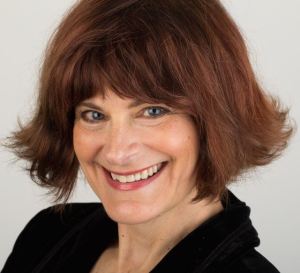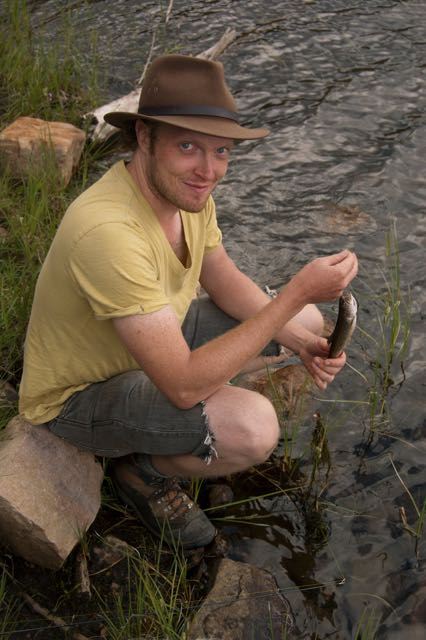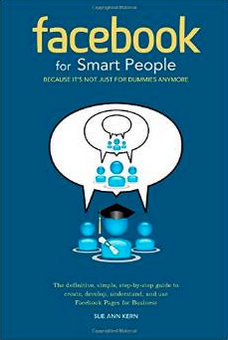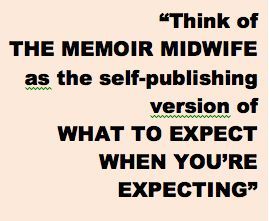As cliche as it sounds, you really do judge a book by its cover. Which is why you NEVER want to scrimp on the cover design of your self-published book. Because let's face it, if you can't entice people to pick up your book in a bookstore, then you have even less chance that they'll read it.
But how to you find the right person to design your book cover? Let's start with who should NOT design it. That would be you. I don't care if you're the second coming of Picasso, you should not design the cover of your own self-published book...just like you should not be your own editor. You need a fresh perspective from someone who can tap into your creative soul without the barrier of your ego getting in the way.
Book Designer Criteria
When looking for a book designer you want to choose someone who creates art that you actually enjoy AND works with you collaboratively on the design concept
For example, when I asked graphic designer Michelle Rayner of Cosmic Design to design the cover for my humor book "Confessions of a Band Geek Mom" I had no idea what I wanted...I just know I wanted something visually creative, whimsical, a little bit "gossipy," and fun.
She read my manuscript and then developed about five designs, all of which included tiny artistic elements that were mined from the stories in my book. This adds interest to my cover without literally explaining what the book is all about.
In the end we took elements from from all the designs she gave me, and created a brand new cover from that. If you look at the book's cover art, you see that my shoulder is a mountain range with a small heart (my stories take place in Park City), my hair is a pine tree, my earring is a saxophone, and there is a musical note in the iris of my eye. All subtle hints of the stories to come.
Enough of Me, Let Michelle Tell You!
I sat down with Michelle a few weeks ago to do an audio interview for the Offbeat Authors Guild. I chatted with her about how she goes about working with independent authors to come up with a concept for a book cover. Unlike many designers Michelle likes to read the book, or at least read excerpts from the book, before she dives into designing its cover. She also likes to know what visually inspires the author, as well as the overall message the author wants to convey. "I think of a book cover as a billboard." says Michelle. "You have just a few seconds to grab a person's attention, so you want the cover to be visually captivating, but also tell a story as soon as people look at it."
In addition to mine, Michelle has designed several book covers, and has her own unique style of working with authors. Because she is so proactive, and always initially offers several design options, I highly recommend Michelle for first-time independent authors who need a little hand-holding, as well as literary veterans who come to her with their own design concepts in mind.
But don't just take my word for it; listen for yourself. Here's a snippet of my interview with Michelle:
To contact Michelle about her book design services, please email her at michelle@cosmicdesignllc.com.
Or check out Michelle's website at www.cosmicdesignllc.com
___________________________________________________________________________
Stacy Dymalski is an author and independent self-publishing consultant, who teaches self-publishing through the Life Long Learning program at the University of Utah. Her latest book, “The Memoir Midwife, Nine Steps to Self-Publishing Your Book” is a primer that walks authors through the self-publishing process.
She’s also an award-winning speaker and comedian who pens the popular humor blog “Nonsense to Mom’s Sense of Humor, How my life as a stand-up comic prepared me for motherhood.” She lives in Park City, UT, with her two teenage sons, who provide a constant source of comedic material. Follow her on Facebook, Twitter, and LinkedIn.















